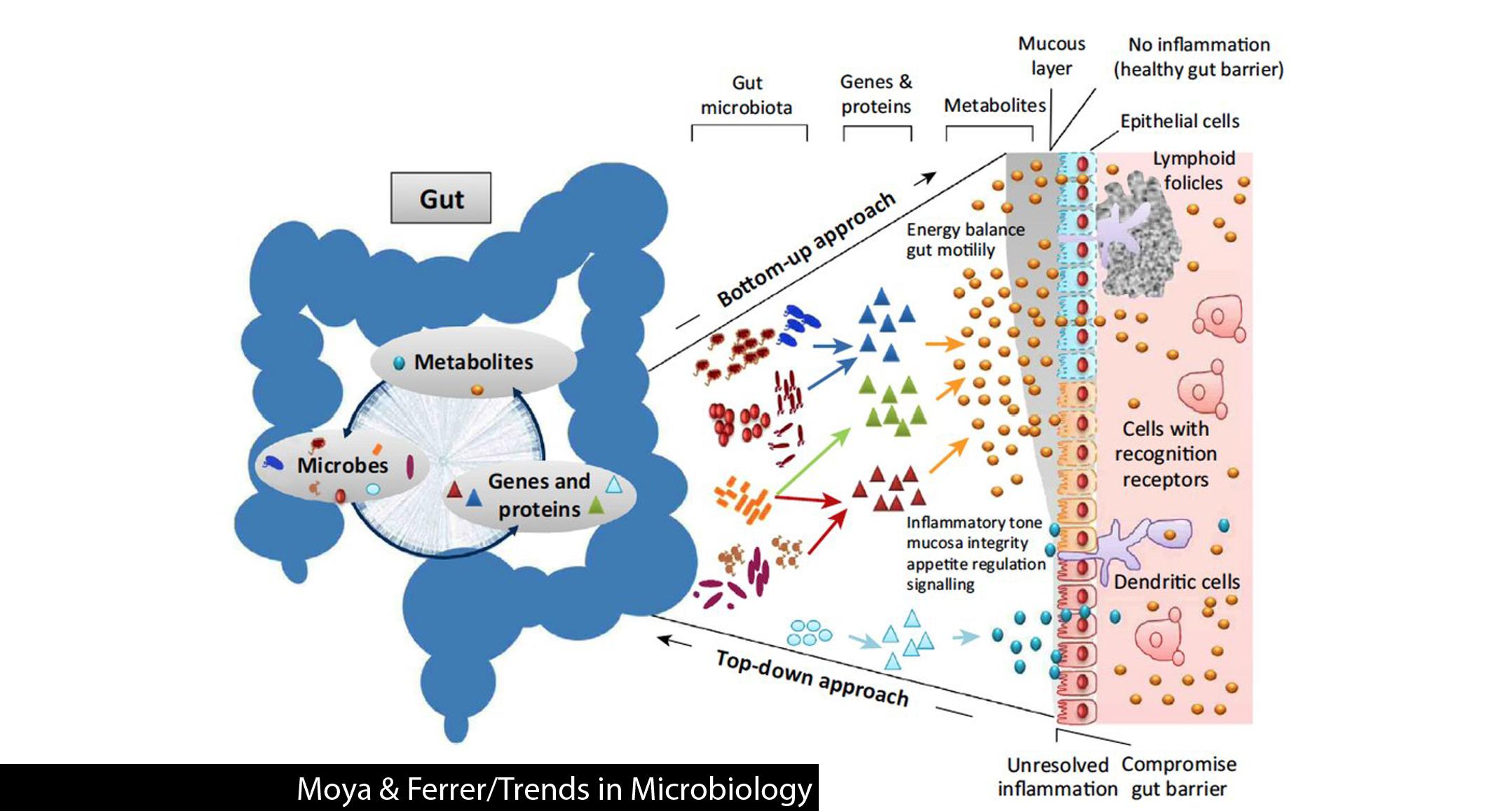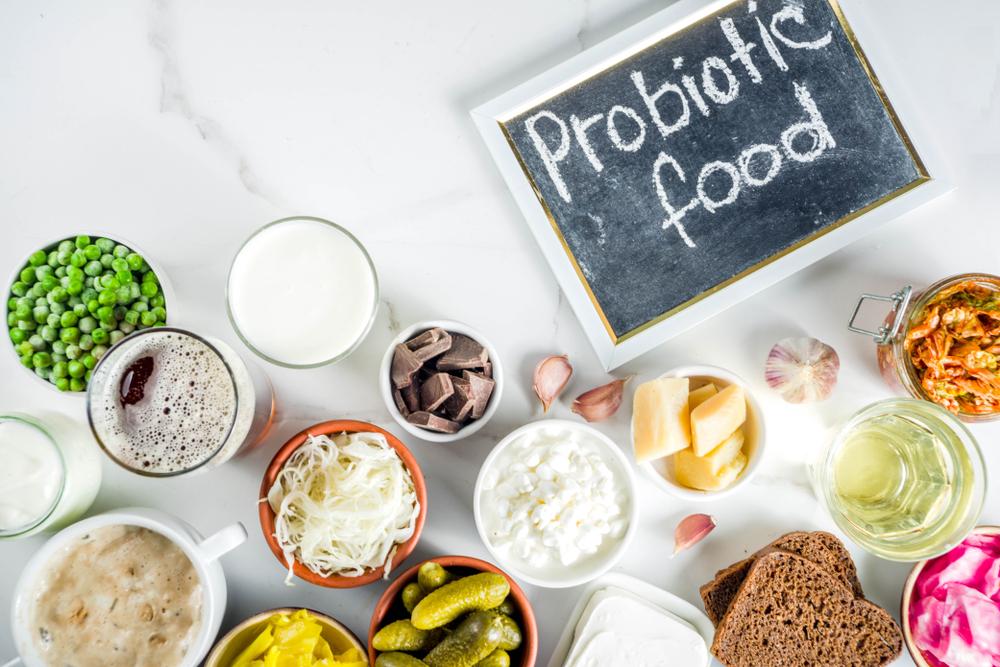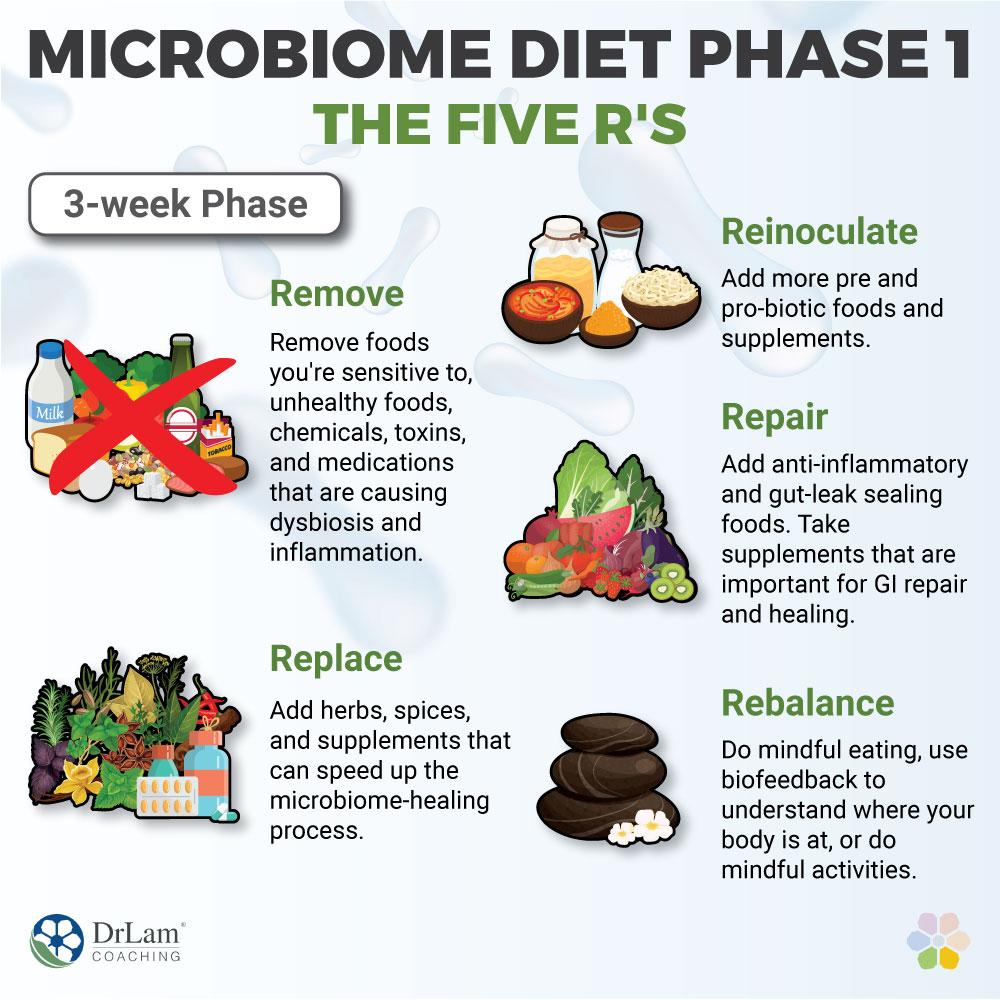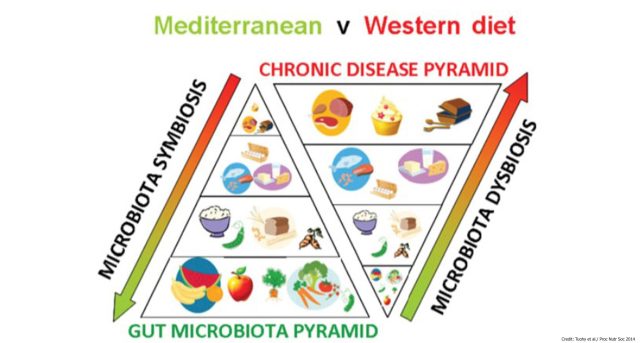In today’s fast-paced world, maintaining a healthy gut microbiome can feel like a daunting task, yet it’s a crucial component of our overall well-being. A balanced gut not only aids in digestion but also supports our immune system, mental health, and even influences our mood. If you’ve been feeling off-balance or simply want to optimize your gut health, you’re not alone. Many people are seeking ways to nurture their microbiome through diet, and the good news is that small, intentional changes can make a big difference. In this article, we’ll explore the best tips for harmonizing your gut flora, offering practical and compassionate guidance to help you on your journey to better health. Whether you’re just starting out or looking to refine your approach, these insights are designed to empower you with the knowledge to take control of your gut health in a sustainable and effective way.
Understanding the Role of Gut Microbiome in Your Overall Health
Our gut microbiome plays a crucial role in maintaining our overall health, affecting everything from digestion to mental well-being. Striking a balance in your gut flora can be achieved through mindful dietary choices. Here are some practical tips to help you foster a healthy gut environment:
- Incorporate Probiotics: These beneficial bacteria can be found in fermented foods like yogurt, kefir, sauerkraut, and kimchi. Including them in your diet helps replenish and maintain a healthy gut flora.
- Embrace Prebiotics: Foods rich in prebiotics, such as garlic, onions, bananas, and asparagus, feed the good bacteria in your gut, promoting their growth and activity.
- Limit Processed Foods: High in sugar and unhealthy fats, processed foods can disrupt the balance of your gut microbiome, leading to digestive issues and other health problems.
Understanding which foods can nurture your gut is vital. Here’s a quick reference table of gut-friendly foods and their benefits:
| Food | Benefit |
|---|---|
| Yogurt | Rich in probiotics that enhance gut health |
| Garlic | Contains prebiotics to fuel beneficial bacteria |
| Whole Grains | Provide fiber to support digestion |
Remember, nurturing your gut microbiome is a journey. By making conscious dietary choices, you can support your gut health and, in turn, your overall well-being.

Choosing Foods That Nourish and Support Gut Bacteria
Incorporating foods that nourish and support your gut bacteria is essential for a balanced microbiome. These foods not only feed your beneficial gut bacteria but also enhance your overall digestive health. Here are some key categories of foods to include in your diet:
- Fermented Foods: These are rich in probiotics, which are live bacteria beneficial to your gut health. Consider adding foods like yogurt, kefir, sauerkraut, kimchi, and miso to your meals.
- Prebiotic-Rich Foods: Prebiotics are fibers that feed your healthy gut bacteria. Foods like garlic, onions, leeks, asparagus, and bananas are excellent choices.
- Fiber-Rich Foods: A diet high in fiber can promote a diverse gut microbiome. Whole grains, legumes, fruits, and vegetables should be staples in your diet.
For a quick reference on how these foods can be integrated into your daily meals, see the table below:
| Meal | Food Item | Gut Health Benefit |
|---|---|---|
| Breakfast | Yogurt with banana slices | Probiotics and prebiotics |
| Lunch | Whole grain sandwich with avocado and sauerkraut | Fiber and probiotics |
| Dinner | Stir-fried asparagus with garlic and tofu | Prebiotics and plant-based proteins |
Remember, the goal is to maintain a varied diet that consistently supports the thriving community of microbes in your gut. By focusing on these foods, you can enhance not only your digestive health but your overall well-being.

Incorporating Probiotics and Prebiotics for a Balanced Gut
For a thriving gut microbiome, it’s essential to introduce both probiotics and prebiotics into your diet. Probiotics are live bacteria and yeasts that are beneficial for your digestive system, while prebiotics are non-digestible fibers that feed these good bacteria. By nourishing your gut flora, you can promote better digestion, boost your immune system, and even improve your mood.
- Probiotic-rich foods: Incorporate foods like yogurt, kefir, sauerkraut, kimchi, and kombucha into your meals. These fermented foods are teeming with live cultures that can replenish your gut with healthy bacteria.
- Prebiotic sources: Include foods such as garlic, onions, leeks, asparagus, bananas, and whole grains. These foods contain fibers that your gut bacteria love to munch on, helping them thrive and multiply.
| Food Type | Examples |
|---|---|
| Probiotics | Yogurt, Kimchi, Kombucha |
| Prebiotics | Garlic, Bananas, Whole Grains |
By regularly consuming a combination of these foods, you can maintain a balanced and robust gut microbiome. Remember, the key is consistency. Make these foods a staple in your diet to support long-term gut health and overall well-being.

Adopting Lifestyle Habits to Enhance Gut Health
Transforming your daily habits can play a pivotal role in nurturing a balanced gut microbiome. Embrace the power of these lifestyle changes to fortify your digestive health:
- Mindful Eating: Take time to chew your food thoroughly, as digestion begins in the mouth. This practice not only aids in better digestion but also helps in absorbing nutrients more efficiently.
- Regular Physical Activity: Engage in activities like walking, yoga, or cycling. Regular exercise helps maintain a diverse gut flora, promoting the growth of beneficial bacteria.
- Prioritize Sleep: Aim for 7-9 hours of quality sleep each night. A well-rested body supports a healthy gut by reducing stress and inflammation.
| Habit | Gut Health Benefit |
|---|---|
| Hydration | Keeps the digestive system functioning smoothly |
| Stress Management | Reduces gut inflammation and promotes balance |
| Probiotic Supplements | Enhances the diversity of gut microbiota |
Incorporating these habits into your routine doesn’t just support your gut; it fosters overall well-being. Remember, small consistent changes lead to significant improvements in your health journey.








































